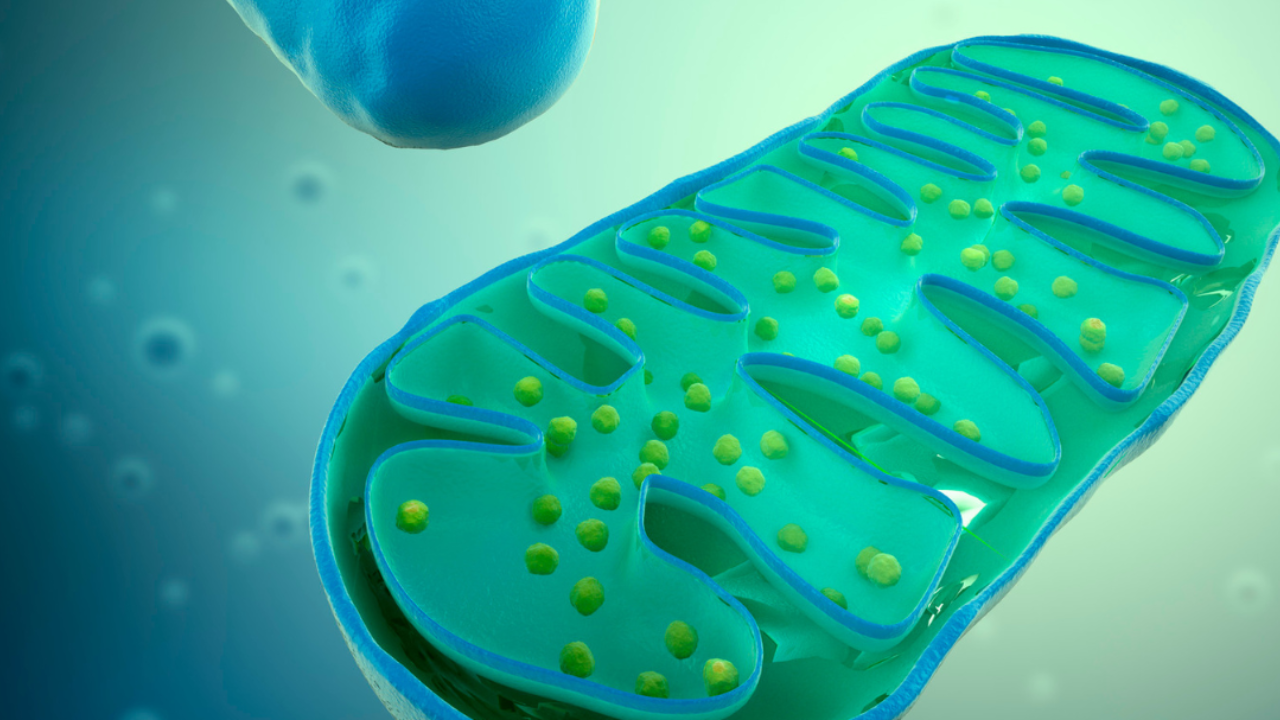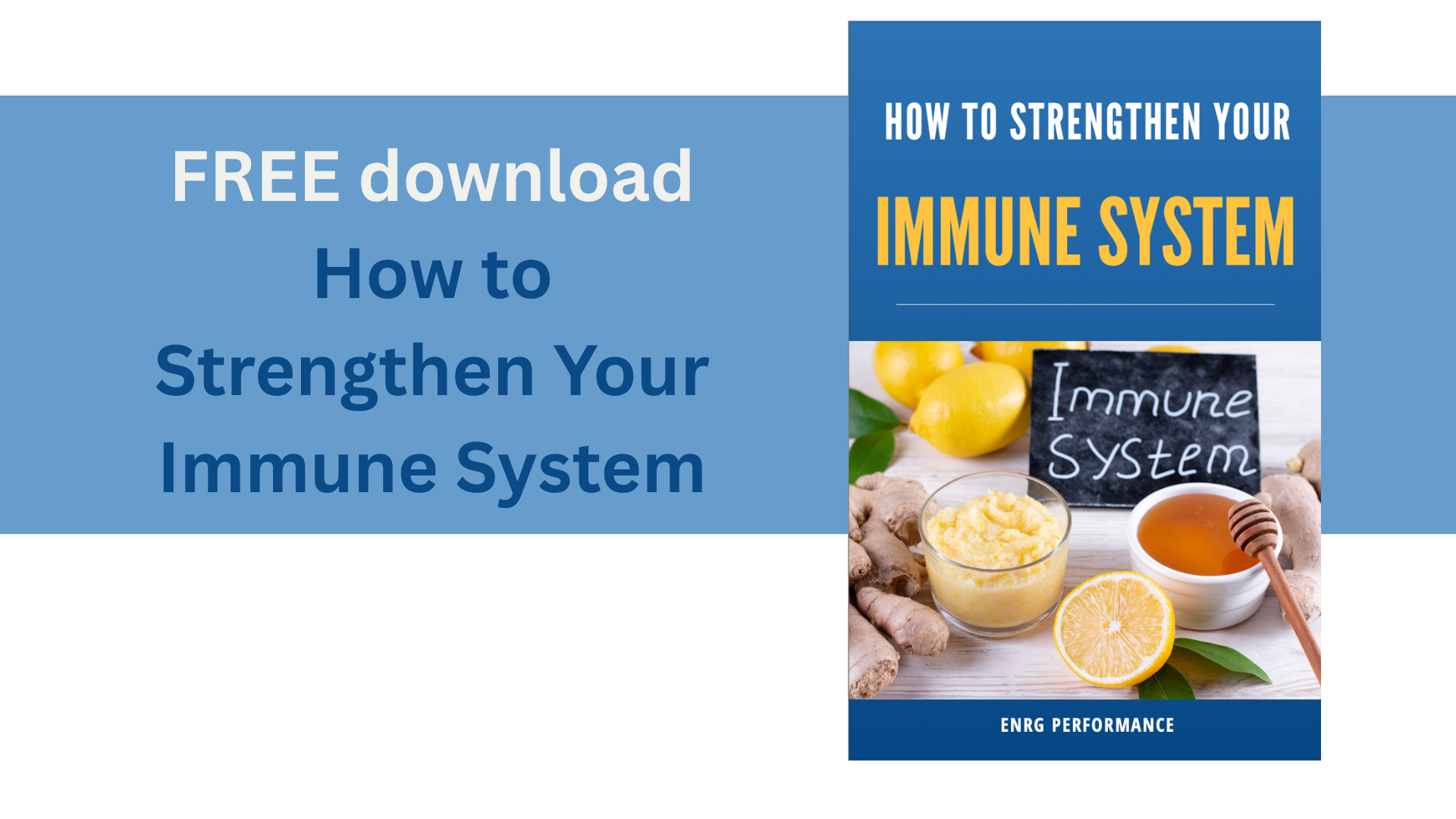Sugar Cravings and Hormones
Oct 13, 2025
You are going about your day and then literally out of nowhere, you want a Snickers bar, or Reese’s peanut butter cup, or any other sweet treat that you desire.
What do you do?
Do you eat it? I’m sure you do sometimes. I know I cave to my cravings from time to time.
But then you eat your sweet treat and are left thinking, “why did I do that?”.
Here’s the thing. It’s not you, it’s YOUR HORMONES!
Most of us experience sugar cravings at some point and while occasional cravings are normal, frequent or uncontrollable sugar cravings can signal deeper issues with your metabolism, hormones and nutrition.
Sugar cravings often stem from how the brain and body regulate energy and reward:
- Blood sugar fluctuations
- Eating refined carbohydrates or skipping meals can cause blood sugar spikes followed by crashes.
- When blood sugar drops, the body signals hunger and cravings for quick-digesting sugar to raise glucose fast.
- Brain reward pathways
- Sugar triggers dopamine release, the “feel-good” neurotransmitter.
- Over time, the brain may seek more sugar to get the same reward response, similar to addictive behaviors.
- Stress and fatigue
- When energy is low, sugar offers a rapid (but short-lived) boost.
- Stress hormones amplify cravings for quick comfort foods.
Remember when I said it’s your hormones. Well, it is. really. These hormones directly influence sugar cravings:
- Insulin: Regulates blood sugar. Insulin resistance makes cells less responsive to glucose, leaving the body “hungry” for more sugar.
- Cortisol: Chronic stress raises cortisol, which drives cravings for high-sugar, high-fat foods.
- Leptin and ghrelin: Leptin signals fullness, while ghrelin signals hunger. Imbalances (often seen in poor sleep or obesity) can increase appetite and cravings.
- Sex hormones: Estrogen and progesterone shifts during the menstrual cycle can trigger stronger sugar cravings.
If you are familiar with the Metabolic Efficiency Training Concept, you know that you eat every day shapes your cravings. Here are some things to consider as it relates to cravings:
- Nutrition patterns that fuel cravings:
- Skipping meals or eating low-protein, low-fat, high-carb meals leads to blood sugar instability.
- Eating processed foods high in added sugar reinforce dopamine-driven habits.
- Having a low nutrient intake will drive the body to crave quick energy when key vitamins or minerals are lacking.
- Nutrition strategies to reduce cravings:
- Implement Metabolic Efficiency Training by including protein, fiber, and healthy fats to stabilize blood sugar and insulin.
- Eat higher-fiber foods such as vegetables, fruit, beans, nuts, seeds and whole grains to slow digestion and prolong satiety.
- Consume protein-rich snacks to blunt sugar cravings between meals.
- Improve your daily hydration because dehydration is often mistaken for hunger or cravings.
Now you have some strategies to help sugar cravings but do you know what I have noticed in my Virtual FatBurn Blueprint Program where we measure hormones relative to weight management?
There are almost always imbalances in hormones that will drive your cravings and hunger cues and these often work against you when you are trying to lose weight or body fat, get rid of brain fog or just try to feel better in your body.
Step one is to have your hormones measured. Step two is to work with a qualified professional to take your results and customize a nutrition and exercise program to help you transform your life.
Want more help? Check out our Signature Virtual FatBurn Blueprint Program or if you are local to Colorado, our regular FatBurn Blueprint Program. It will literally TRANSFORM YOUR LIFE!
SUBSCRIBE AND WE WILL DROP SOME HEALTHY INSPIRATION IN YOUR INBOX
We hate SPAM. We will never sell your information, for any reason.







